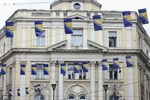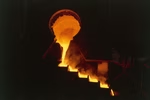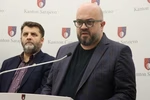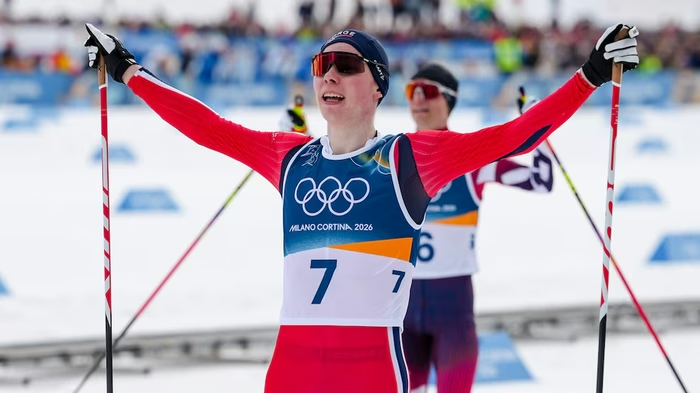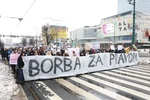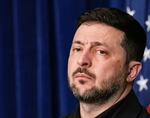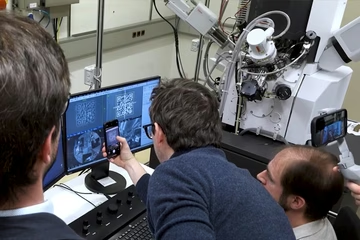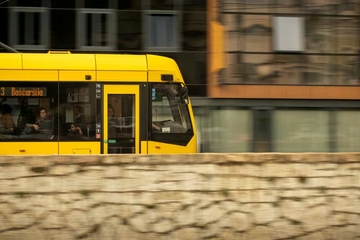Analyst: Ethnic parties benefit from row over election law
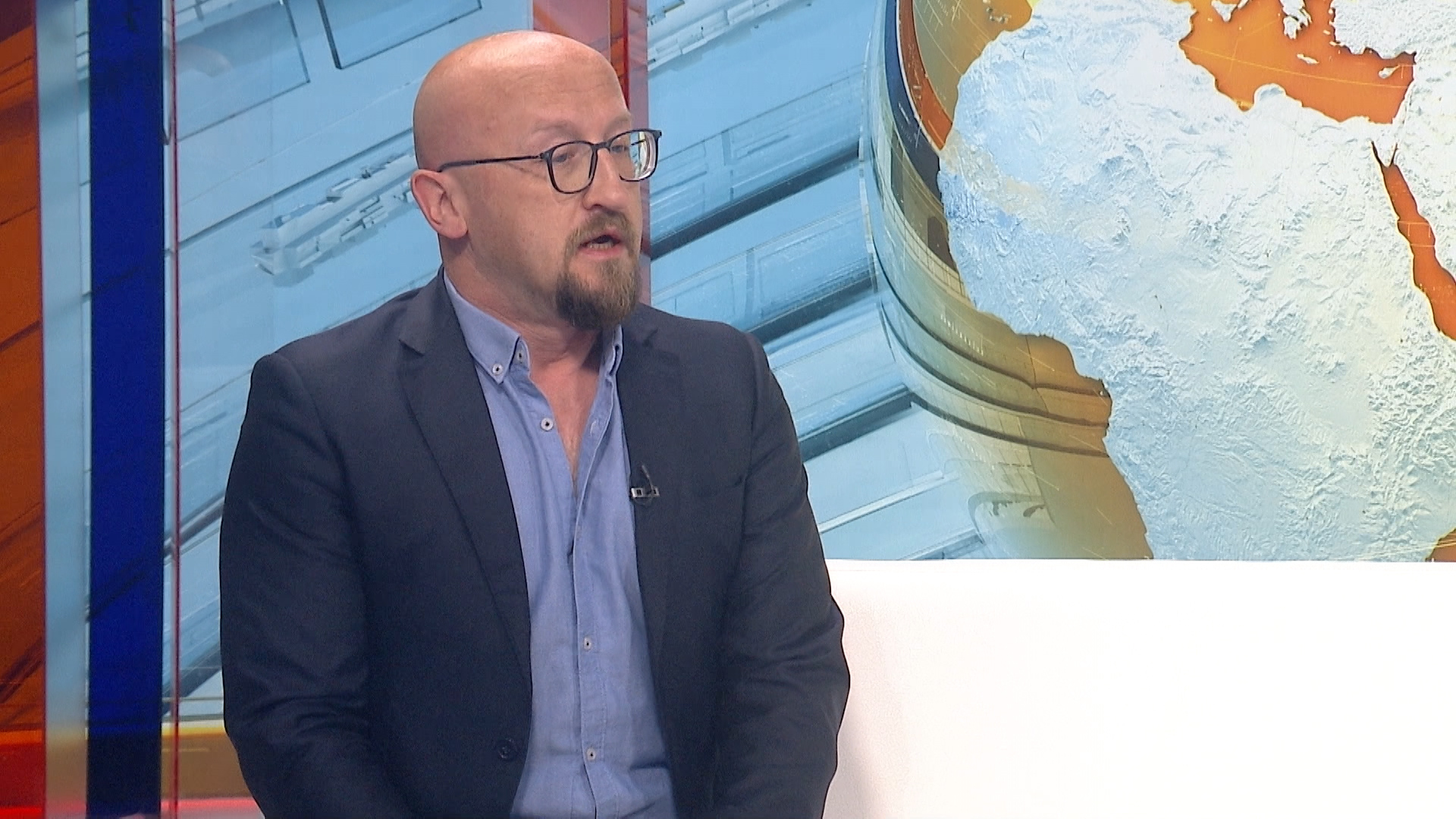
Today’s meeting between Bosnia’s three Presidents and German Chancellor Angela Merkel was “falsely interpreted” as Germany’s attempt help Bosnia find a solution to the Election Law issue, political analyst Adnan Huskic told N1.
Oglas
The real subject of the meeting will, in fact, be the upcoming EU-Western Balkans Summit.
“I don’t think changes to the electoral legislation will be discussed, I think other issues will be on the agenda,” he said, adding that the electoral legislation issue is being tended to by EU Special Representative to Bosnia, Lars-Gunnar Wigemark, and US Ambassador to the country, Maureen Cormack.
Two years ago the Constitutional Court ruled that some provisions of the Election Law were inconsistent with the state Constitution. Since then the authorities have failed to act in the legally allowed time-frame, resulting in a further court ruling that deleted two sections of the Election Law that treats the matter of representation in the House of Peoples of Bosnia’s semi-autonomous entity which is shared by Bosniaks and Croats.
Oglas
Bosnia’s Central Election Commission (CIK) announced elections for October 7 this year. Should the Election Law issue remain unresolved, the results of the election may not be legitimate, or implemented at all.
Bosnia’s political leaders, most notably from the main ethnic Croat party, the Croation Democratic Union (HDZ) and the main Bosniak party, the Party of Democratic Action (SDA), have failed to find common ground on the issue. The latest in the series of talks resulted only in an agreement to invite the Venice Commission's representatives to join the discussion.
“We are waiting for the Venice Commission to get involved in this, and unfortunately this issue will dominate the entire election campaign and benefit two political parties, the HDZ and the SDA, as it will enable a typical (ethnic) homogenization ahead of the elections,” Huskic said.
Huskic criticized the CIK, saying “it is a shame” that citizens usually have to wait for a few days for preliminary election results, and said that the institution is under the influence of political parties.
Oglas
“The CIK, as extraordinarily well-paid government officials, work relatively little,” he said, pointing out that this institution should leader the effort of searching for a solution to the Election Law problem.
Huskic also touched upon the upcoming visit by Turkey’s President, Recep Tayyip Erdogan, to Sarajevo.
“I don’t think that (because of the visit) Bosnia took a side or in any way confronted the EU. I am sorry that this type of sympathy Bosniaks have (towards Turkey) is not not being materialized in a better way,” he said.
“That sympathy has been privatized, and I think that here it turned into a party and family interest, and that is the core of it, which is why it caused resistance (to the rally) among Bosniaks,” he added.
Kakvo je tvoje mišljenje o ovome?
Učestvuj u diskusiji ili pročitaj komentare
Oglas
Kakvo je tvoje mišljenje o ovome?
Učestvuj u diskusiji ili pročitaj komentare
Oglas
NAJČITANIJE
Oglas
Oglas
Najnovije
Oglas
Oglas





 Srbija
Srbija
 Hrvatska
Hrvatska
 Slovenija
Slovenija










